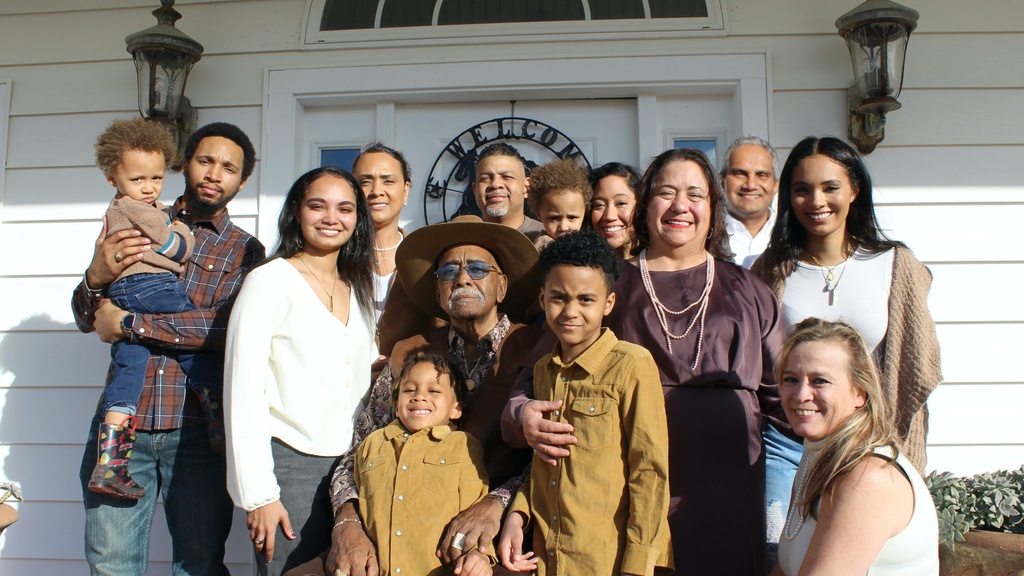
Breastfeeding for Mothers with Multiple Sclerosis
Multiple sclerosis (MS) is a chronic condition involving inflammation of the central nervous system, including the brain and spinal cord. It afflicts nearly one million people in the U.S., disproportionately affecting women of childbearing age. Women with MS are often counseled that the risk of relapse may increase in the first six months postpartum, which significantly affects family planning, treatment course, breastfeeding choices, and infant welfare. Disease-modifying therapies (DMTs) for the management of MS were initially thought to be unsafe, often leading women on DMTs to forgo breastfeeding or vice versa. However, recent evidence shows that breastfeeding with certain DMTs is safe. Additionally, recent evidence shows that breastfeeding decreases the risk of MS relapse. Thus, this group's mission is to promote breastfeeding among mothers with MS.
Group members aim to produce evidence-based maternal education material (handouts, lay-person blog posts, and videos) that can be provided to MS patients hoping to conceive. They will also create a survey to assess healthcare nursing and medical staff attitudes, perceptions, and knowledge of breastfeeding to understand current care practice patterns.
Co-directors: Christine Gill (Neurology), Pamela Mulder (Nursing), and Solange Saxby (Internal Medicine)

Healthy Aging across the Life Course: Engaging Multigenerational Families Living with Chronic Conditions
Multigenerational households (i.e., families that consist of three or more generations) have become a more prevalent family structure in the U.S. and provide essential caregiving functions. Extant research on interventions or best practices to support the health and well-being of multigenerational families often focuses on the individual with the chronic illness, the caregiver, or specific dyads within the family (e.g., adult child and parent; grandparent and child). Less attention has been paid to multiple generations with relational dynamics and comorbid health needs as one unit. This group brings expertise in healthcare utilization and engagement, health equity and biopsychosocial outcomes, and family systems to center the lives of multigenerational families and understand what health aging might look like across the family life course. The group plans to develop relationships with community organizations to identify the needs of multigenerational families dealing with chronic illness, engage people who can help shape their planned intervention, finalize a scoping review of the literature on multigenerational family-level health interventions, and write a specific aims page for an NIH funding opportunity on family health and family-level intervention.
Co-directors: Ebonee Johnson (College of Public Health), Duhita Mahatmya (College of Education), and Kimberly Dukes (Internal Medicine)

Ethnography of Nutrition Procurement Strategies of Recently Hospitalized Adults in Rural Iowa Counties
Nutrition plays a fundamental role in health and recovery from illness. Despite being a rich agricultural state, Iowa has a substantial population who suffer from food insecurity, resulting from challenges in affording and accessing high-quality nutrition, especially where individuals live a significant distance from well-stocked grocery stores. Individuals with illnesses requiring hospitalization are a particularly at-risk population. Counseling on improved nutrition or nutritional interventions is common during hospitalization and at discharge; however, there is a substantial gap in understanding between hospital-based practitioners and hospitalized individuals about nutrition procurement, and an under-appreciation of the social, cultural, and structural factors that are deeply rooted in place. This group seeks to close that gap by employing ethnographic methods to identify nutrition procurement strategies of recently hospitalized adults. The results of this study will inform future efforts to educate hospital-based practitioners on context-appropriate counseling, to develop hospital-community partnerships to support nutrition procurement among recently discharged individuals.
Co-directors: Carly Nichols (Geographical & Sustainability Sciences) and Hilary Mosher (Internal Medicine)

Just Crushing: A Demolition Derby
Just Crushing is an artwork taking the form of a demolition derby to embody American political discourse as a spectacle of competitive wreckage. Drawing upon the theatrics of Carnivale, the hometown grandiosity of state fairs, and the rich history of destructive art, vehicles representing critical issues in American politics will brutalize one another as the crowd cheers and jeers them on. Through its live, winner-takes-all battle, this project stands in opposition to the polarizing debates of stylized dialogue across partisan media. In this way, Just Crushing literalizes us- versus-them culture and reveals the absurd extremes to which political discourse has arrived: where every issue must fight for a public and a platform. This group will spend its residency planning the next phases of the project: connecting to organizations and others in Iowa through whom they might solicit participants, and holding conversations with institutions about hosting the derby. The group hopes to stage the Just Crushing derby in late summer 2024, shortly before the next presidential election at a time when political tensions and the need for cathartic destruction will be at their highest.
Co-directors: Allison Rowe (Teaching & Learning), Maia Sheppard (Teaching & Learning), and Nancy Nowacek (Stevens Institute of Technology)

Flame Sonification and Flame-Based Audio Effect Processing
In 1858, John Leconte reported that flames were sensitive to sound. Many interactions between flames and sound have been studied since, and used in artistic projects; these include using flames as speakers, using flames to visualize sound (Ruben’s tube), and using flames to excite resonant pipes (Rijke tubes).
This group will study musical applications of the flame in two domains seldom studied at this point: 1) to evaluate the sounds made by direct sonification of a flame, and 2) to use the flame as a sound processor (something akin to a guitar pedal). Their research will answer questions such as: Does the sonification of a flame in a stable state versus an unstable one result in sounds with varying degrees of harmonicity and/or spectral flatness (“noisiness”)? What effect does the flame have when used as a “guitar pedal” or “vocal processor”? Are these applications usable during a live concert? This research will be a fundamental first step to enable further work on a musical composition and/or a pedagogical demonstration mixing fire and sound in new, unexplored ways.
Co-directors: Jean-François Charles (School of Music), Albert Ratner (Mechanical Engineering), and Frederick Skiff (Physics & Astronomy)

Ruinous Gods: Suites for Sleeping Children — An Opera
This team will finalize the text/composition for Ruinous Gods: Suites for Sleeping Children, an opera about displaced children who have resignation syndrome, a rare trauma response to the state of living in displacement. Based on the testimonies from survivors and families, Ruinous Gods follows Hala and her mother through the sleep and diagnoses of resignation syndrome. Their journeys echo the reality of displacement and the dreamscapes in which they reimagine their stories and outcomes. In resistance to the many dystopian narratives in popular culture, Ruinous Gods creates space for imagination and agency. The opera has been commissioned by Spoleto Festival/USA and will premiere in 2024.
Co-directors: Lisa Schlesinger (Theatre Arts) and Layale Chaker (independent composer)